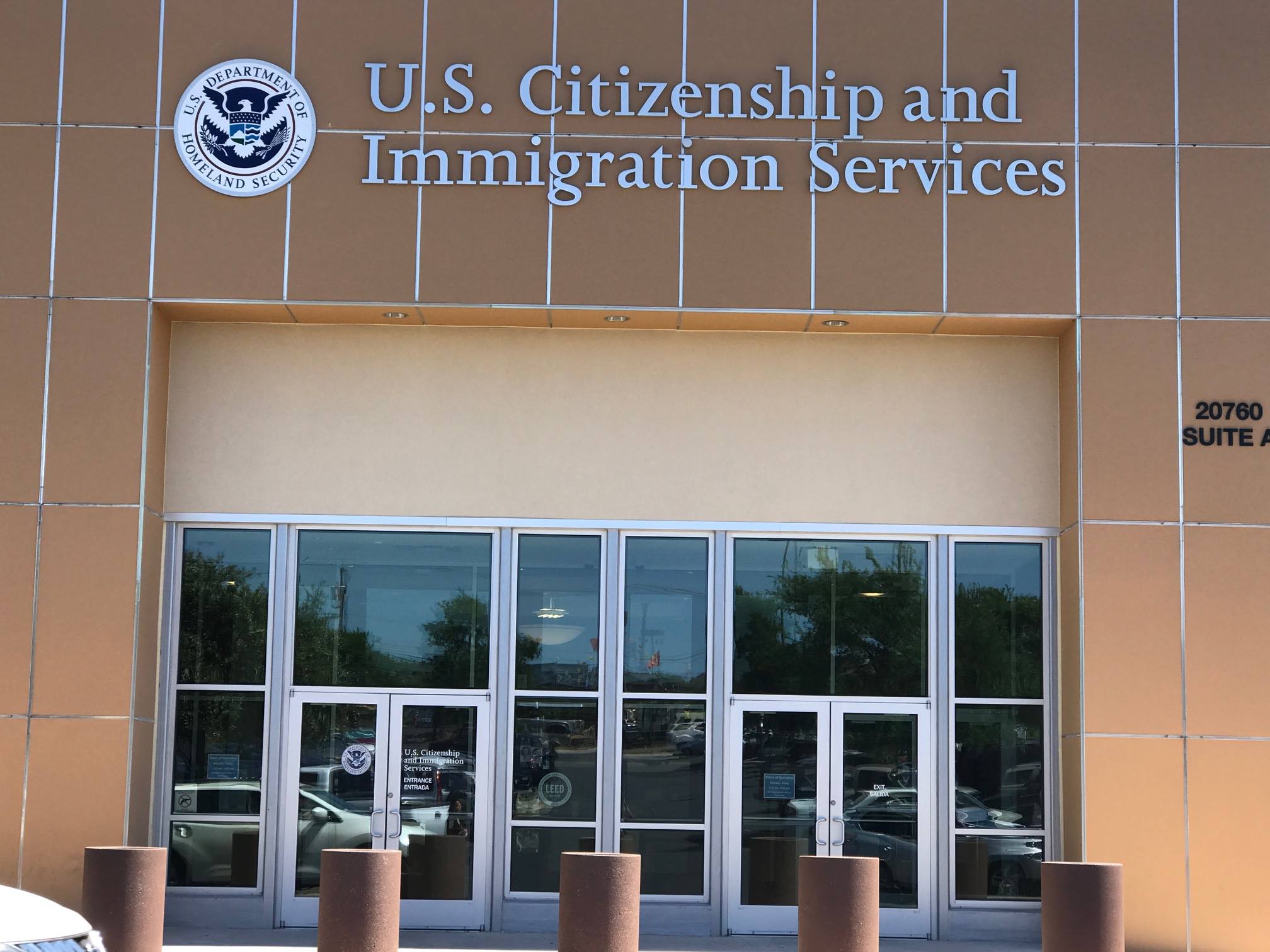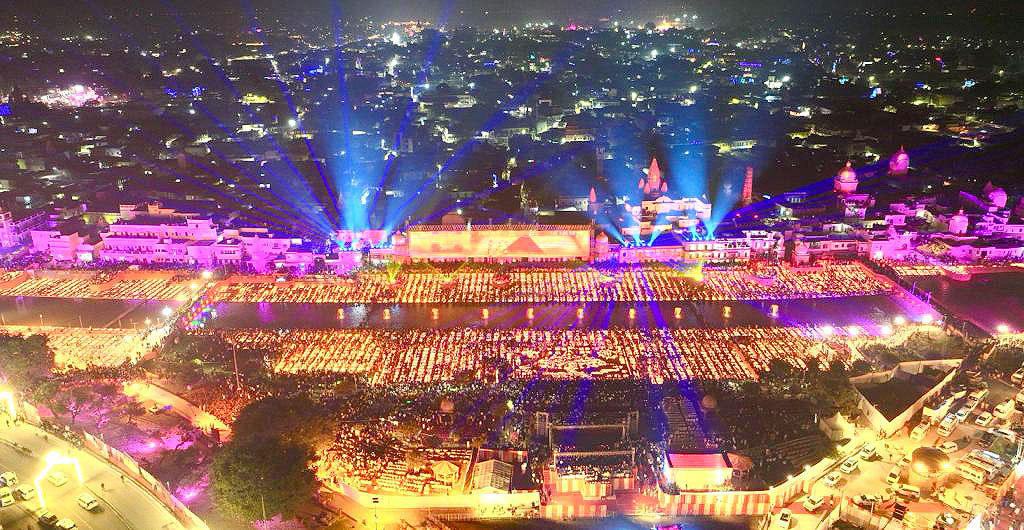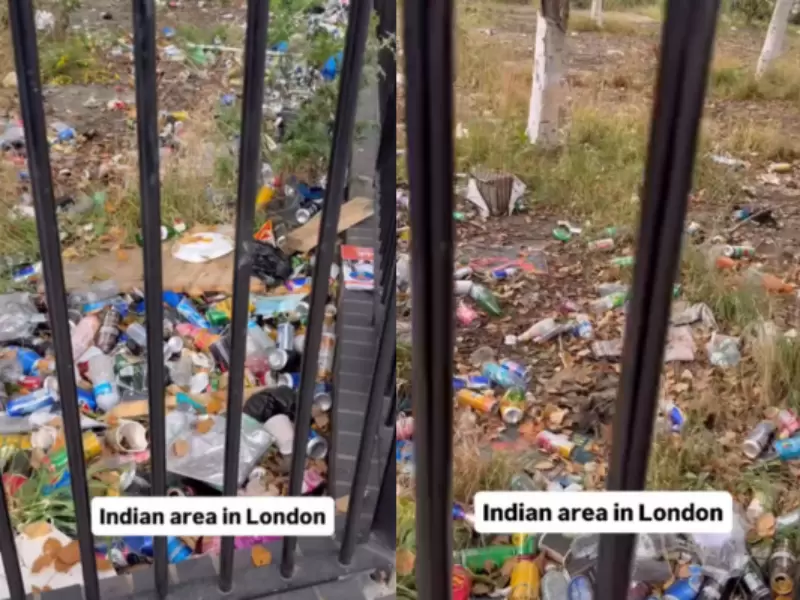Maryland Court blocks USCIS move to collect annual asylum fee
Applicants whose cases remained pending for a full fiscal year were to be charged on the anniversary of their filing date and each year thereafter.
 Representative Image / Facebook
Representative Image / Facebook
The United States District Court for the District of Maryland temporarily halted the implementation of the Annual Asylum Fee (AAF) by U.S. Citizenship and Immigration Services (USCIS), pausing the agency’s plan to collect fees from asylum applicants.
The order, issued on Oct. 30 in Asylum Seeker Advocacy Project v. United States Citizenship and Immigration Services, et al., case number SAG-25-03299 (D. Md.), stays the AAF provisions outlined in the notice titled “USCIS Immigration Fees Required by HR-1 Reconciliation Bill,” published in the Federal Register (90 FR 34511) on July 22, 2025.
Also Read: USCIS gets record 35,000 applicants for Homeland Defenders
In a statement, USCIS said it “strongly disagrees with the Court’s order but will follow its terms pending possible further judicial review.”
The suspended rule required asylum seekers with pending Form I-589 applications—Application for Asylum and for Withholding of Removal—to pay an annual $100 fee beginning in fiscal year 2025.
Applicants whose cases remained pending for a full fiscal year were to be charged on the anniversary of their filing date and each year thereafter. USCIS had begun issuing payment notices to applicants around Oct. 1 before the stay came into effect.
Following the court’s order, USCIS has paused the issuance of AAF notices. “Any applicant who has received a notice from USCIS instructing him or her to pay the AAF may disregard that notice while the temporary stay is in place,” the agency said.
It added that no refunds would be issued for fees already paid and advised applicants to retain their receipts. Updated instructions will be issued once there are further developments in the litigation.
The AAF stems from the H.R. 1 Reconciliation Bill enacted in July 2025, which introduced several new or increased immigration-related fees. USCIS described the fee as non-waivable and intended to help recover asylum processing costs.
The Asylum Seeker Advocacy Project (ASAP), the lead plaintiff, argued that the annual fee places an undue burden on asylum seekers, many of whom lack work authorization and stable income during the initial phase of their cases.
The court’s intervention comes amid scrutiny of broader fee hikes introduced under the H.R. 1 framework, which also raised filing costs for several other immigration and humanitarian categories.
ADVERTISEMENT
ADVERTISEMENT
E Paper
Video



1759953093.png) Staff Reporter
Staff Reporter











Comments
Start the conversation
Become a member of New India Abroad to start commenting.
Sign Up Now
Already have an account? Login